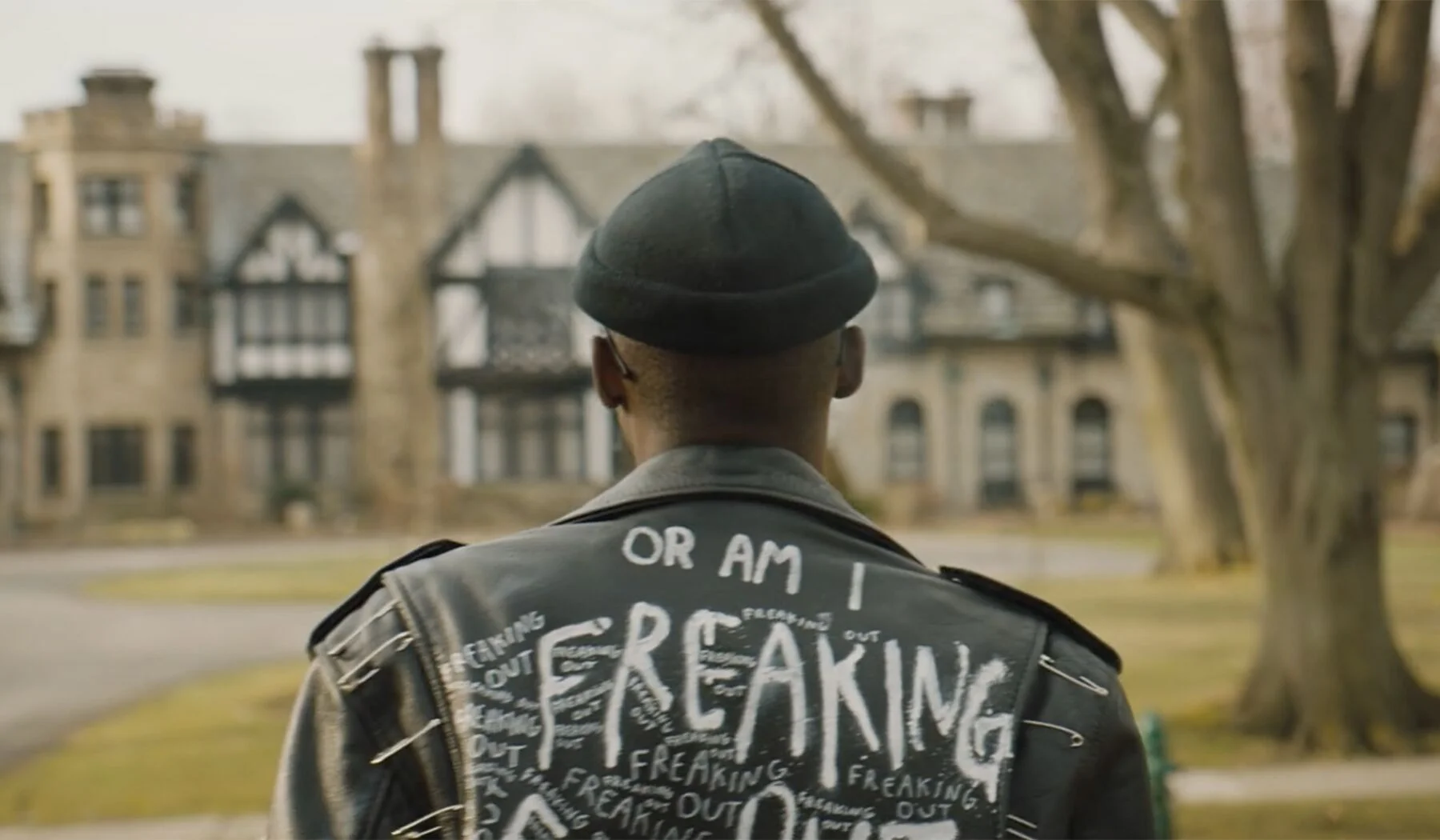'Among Wolves' is a graceful story of trauma and recovery
By Andrea Thompson
“Among Wolves” is the kind of documentary without a lot of context, but it's for the best of reasons. Other directors who make films about similar topics are often punishing, not due to what they're exploring, but their willingness to deprive their audience of knowledge in order to self-righteously highlight their lack of it.
However, director Shawn Convey and screenwriter Kevin Ripp seem to want their subjects to own the narrative, at least as much as they can without access to the editing room. Watching “Among Wolves,” it's easy to see why, as those subjects are all members of a biker club called the Wolves, mostly located in the impoverished Bosnian city Livno. It's an unlikely set up for a graceful meditation on war, and how veterans and their communities struggle to recover after it ends. But these are the issues the Wolves are still wrestling with 20 years after the brutal civil war has ended.
The focus is mostly on the club's president Lija, who once helped defend his town during the war, and now leads the moto club in assisting their community for peace. Over the years, they saw jobs disappear, schools close, and many of their youth move away in search of better opportunities. To help counteract the declines, Lija's leadership sees the Wolves traveling the area, holding rallies, donating blood, aiding in donations and relief efforts, and performing smaller tasks such as fixing the boiler for a kindergarten.
While the younger members may not understand the experiences of Lija's generation, he and his friends are clearly still recovering from what many call the most brutal European war since WWII. The relationship they have to each is surprisingly the antithesis of the toxic masculinity so often seen in an all-male environment. What the club often gives members is a respite from the loneliness and isolation they felt after the conflict ended and just how quickly they were considered expendable. The Wolves not only makes them feel stronger, they speak of how it helps them feel like they're doing something positive with their lives after so much destruction.
One of their most touching missions is protecting a herd of wild horses who roam the areas that saw some of the worst fighting. After the Wolves discovered the horses were being shot, stolen, and poached, they decided to take on the responsibility of helping them rebuild their population. It's no accident that Lija often preferred being up in the hills with them after the war ended rather than in town, where he would often struggle with interacting with people and the questions they would ask.
Their work with the horses also allows for some truly breathtaking cinematography, which almost becomes painful as the Wolves survey it and discuss the bloodshed that occurred there. It's enough to bring the poet Carl Sandburg to mind when he wrote, “I am the grass. Let me work.” There are other reminders of what their home has lost, such as when the Wolves attend a memorial for a mass grave, where 938 bodies were exhumed, with others still missing.
Yet even amidst the trauma the movie discusses from a quiet distance, Lija makes it clear that none of his humanitarian work is due to the war. He feels no guilt for his actions in defending his home, and doesn't believe he owes anyone anything. Lija simply believes there are people who need help and that “the world should be a more fair place.” What he leaves mostly unsaid his how his work has clearly helped him and others heal. It's telling that when he discusses seeing wolves gather to attack the wild horses, who sense them and form a circle to fight back, it is not the wolves he identifies with. It is the horses, who are seen as expendable, but nevertheless gather together to defend themselves and each other.
“Among Wolves” premieres Feb. 8 at the Music Box Theatre. More information can be found here: https://musicboxtheatre.com/events/among-wolves-and-friends-special-event
Grade: A-
All images courtesy of “Among Wolves.”






